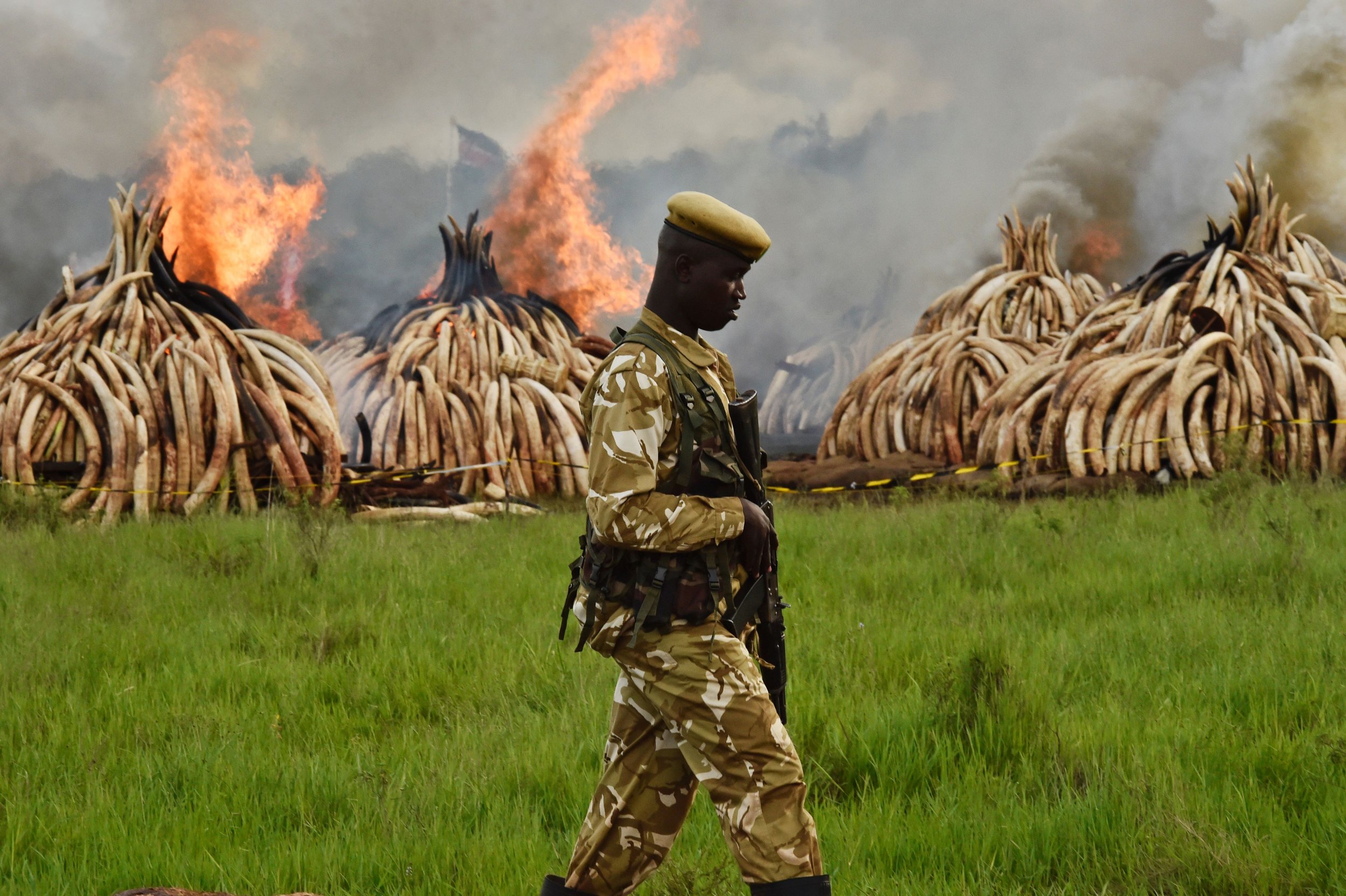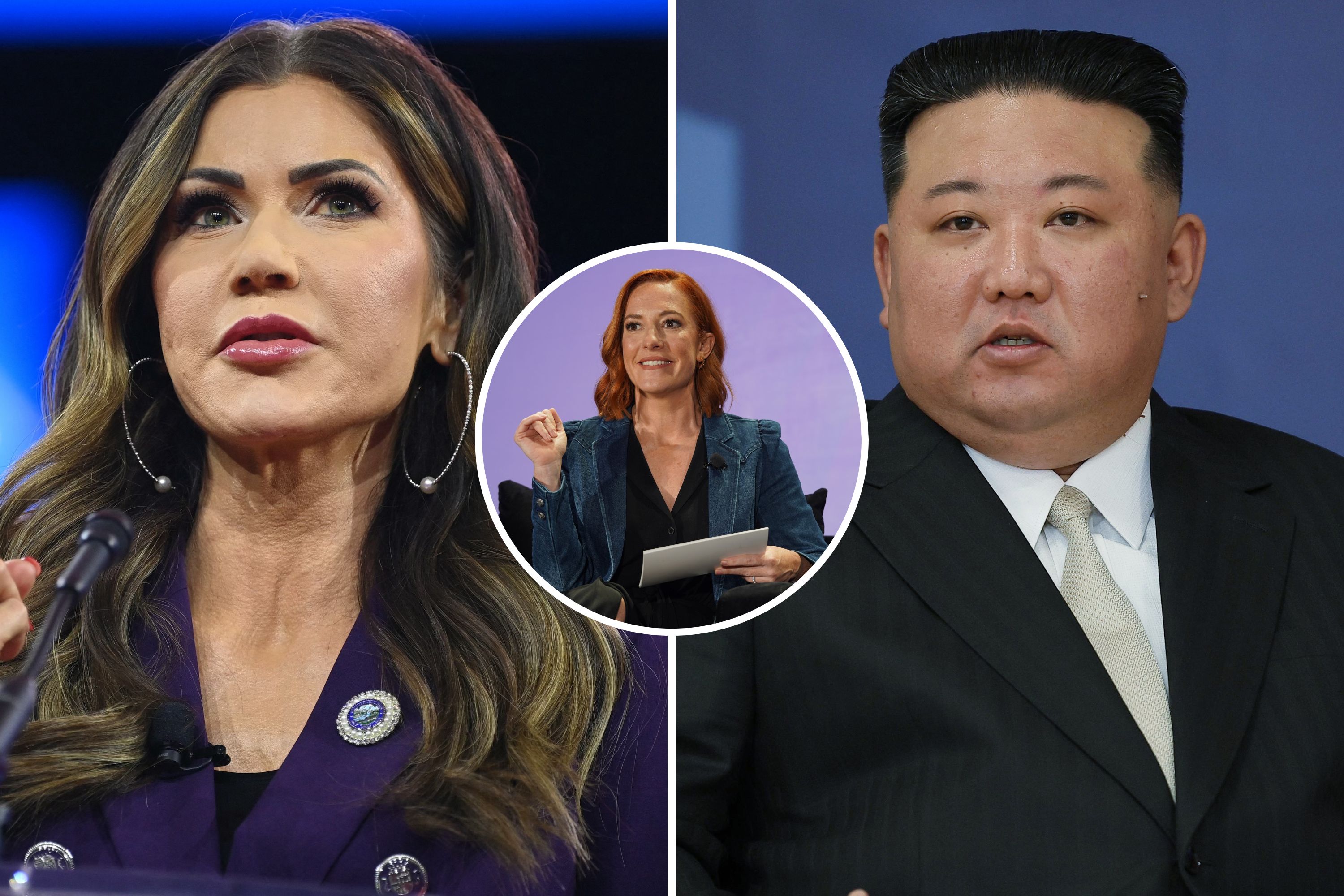
The Panama Papers leak and the Global Anti-Corruption Summit convened in London last week by U.K. Prime Minister David Cameron have focused attention on corruption and tax evasion, highlighting the extraordinary wealth being hidden to evade international regulation.
Such belated attention is welcome, but will only matter if it leads to enforceable changes that benefit the people and nations victimized in a dystopian Oz of shadowy deals and dirty money.
In many countries, the system of the state has been hijacked by kleptocratic networks using schemes like shell corporations in tax havens that mask who the real owners are in order to privatize vast natural resource wealth. There are also connections between hijacked states and networks of terrorism and organized crime. As it stands, grand corruption, conflict, and national security threats serve each other's interests, and their connections will continue to deepen unless commitments made at the summit are implemented.
As the summit communiqué states in its opening paragraph: "Corruption is at the heart of so many of the world's problems." Nowhere is this more evident than East and Central Africa, the deadliest war zone globally since World War II.
A case in point is ivory trafficking. A number of brutal armed groups destabilizing the region are also implicated in the poaching of elephants and rhinos in East and Central Africa. But as terrorism and trafficking expert Gretchen Peters and former White House official Juan Zarate have shown, the trafficking of wildlife involves Chinese triads and South Asian drug traffickers, bringing in organized criminal networks and terrorist groups. An April 2015 report by the U.N. Environmental Program (UNEP) concluded that up to a third of the illegal trade in ivory, gold and timber originating in Democratic Republic of Congo (DRC), worth over $1 billion annually, flows to transnational organized criminal networks based outside the country. The revenues from illicit trade, UNEP estimates, finance over 25 armed groups in DRC.
The looting of state treasuries and natural resources is only possible with the assistance of "enablers," like the law firm at the center of the Panama Papers, whose work may inadvertently facilitate organized criminal networks and activities through governments, commercial entities, and individuals. The commission of mass atrocities in Sudan, South Sudan, DRC, Somalia, Central African Republic and their surrounding regions requires weapons, money, fuel, and others goods purchased through complex supply chains that rely on shell companies, banks, and corporate structures to facilitate delivery and to evade sanctions.
These middlemen are enabling the financing and enrichment of those committing atrocities. And for the most part these middlemen—the wizards of this dystopian Oz—pursue their agendas hiding behind elaborate financial curtains where they remain untouched, enriching themselves financially on the back of extreme human suffering.
After 9/11, the U.S. increasingly expanded and honed the tools of financial statecraft to support national security objectives. Zarate calls it the "financial pressure playbook." These tools were deployed to counter terrorist groups, drug syndicates, and other organized crime networks, and against governments primarily to counter nuclear proliferation and terrorism support.
What is needed is an enhancement of that paradigm: to use these tools of economic pressure in the service of ending Africa's deadliest wars and preventing genocide and other mass atrocities.
If fully implemented, the commitments made by the Obama administration in the wake of the Panama Papers and the Anti-Corruption Summit can go a long way to achieving this enhancement. This is possible because the U.S. financial system remains fundamentally important globally, as the majority of transactions in natural resources and other critical industries are still conducted in U.S. dollars and/or through U.S. banks, giving the U.S. disproportionate economic leverage if it chooses to cultivate and use it.
Meaningful enforcement of these commitments will involve engaging other governments, particularly United Arab Emirates, South Africa, and Kenya—which have been shown by the U.N. to be key nodes for financial and natural resource flows—and private sector actors to collectively enforce asset freezes, travel bans, banking restrictions, anti-money laundering procedures and other measures aimed at denying targeted individuals and entities access to the formal international financial system. There is little debate that this toolbox greatly undermined the ability of Al-Qaeda and other groups to finance their operations, and enhanced financial pressure certainly softened Iran's opposition to a nuclear deal. Judiciously targeted, it could have positive effects in support of peace in Africa and change the cost-benefit calculations of warring parties toward peace.
The release of the Panama Papers and the commitments made at the U.K. summit provide momentum for new actions to counter illicit money flows. It should also catalyze efforts aimed at targeting those government, rebel, and corporate actors who move money and goods illicitly in order to fan the flames of, and profit from, war. East and Central Africa, where war mortalities are unparalleled, would be a good place to start and could lead the world to a more benevolent Oz.
John Prendergast is founding director of the Enough Project and co-founder of The Sentry.
Uncommon Knowledge
Newsweek is committed to challenging conventional wisdom and finding connections in the search for common ground.
Newsweek is committed to challenging conventional wisdom and finding connections in the search for common ground.
About the writer
To read how Newsweek uses AI as a newsroom tool, Click here.






